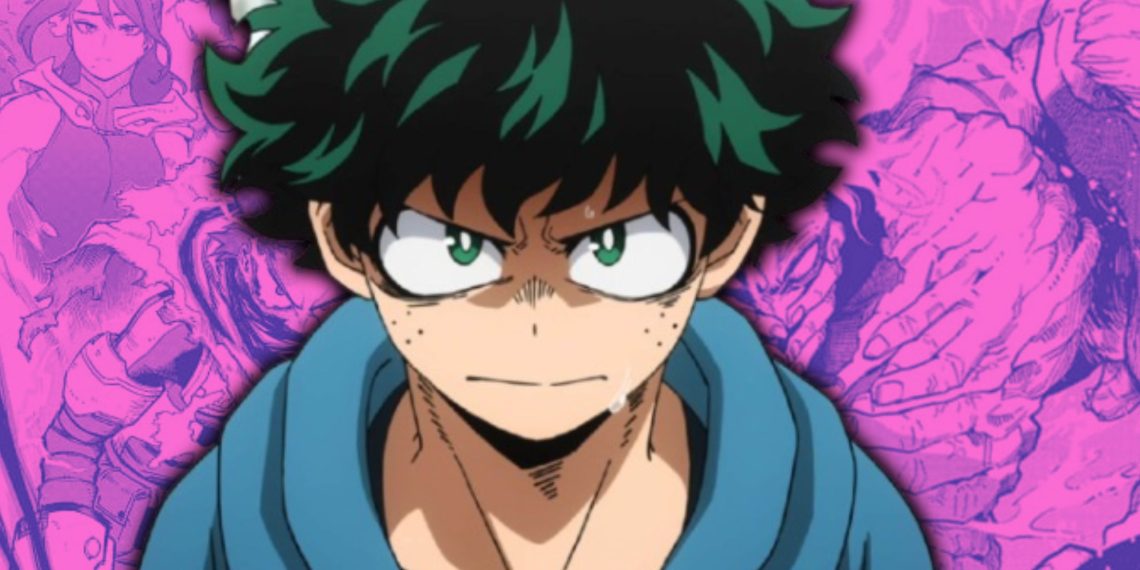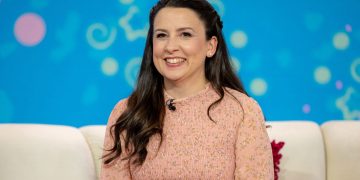The ending of My Hero Academia has sparked significant debate and criticism among its fans for various reasons, one of the most notable being how Kohei Horikoshi treated his main character, Izuku “Deku” Midoriya.
Fans have scrutinized several moments from the final chapter, but one particular scene that seems to have slipped under the radar of widespread discussion involves Deku’s conversation with a boy named Dai.
On the surface, it’s a moment that seems to reflect Deku’s own origins, but when analyzed more deeply, it highlights many of the inconsistencies and contradictions in Deku’s character development and the final ending of the story.
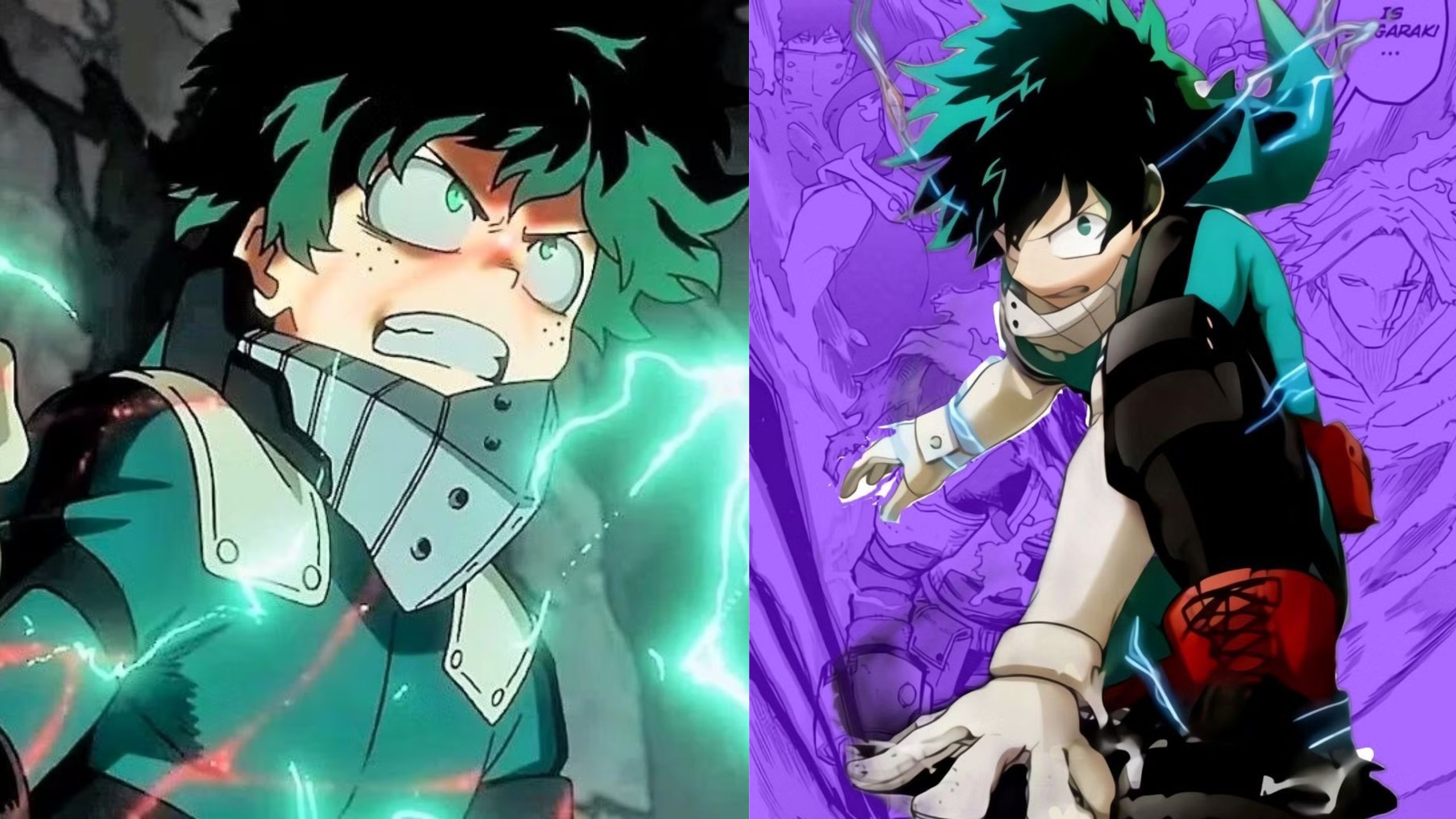
While My Hero Academia had long been celebrated for its unique take on the hero genre and its exploration of what it means to be a hero, the final arc and the subsequent time skip have left many fans feeling that the resolution didn’t live up to the expectations set by the earlier parts of the series.
Deku’s final actions and his conversation with Dai represent just one example of how the ending failed to resonate with a large portion of the fanbase.
This scene in particular stands as a stark reminder of how certain aspects of Deku’s journey were ultimately left unresolved or poorly handled.
A Look at the Scene Between Deku and Dai
The conversation in question occurs during the final chapter of My Hero Academia, which takes place after an eight-year time skip.
In this scene, we find Deku working as a teacher at UA, the school that had once trained him to be a hero.
Now Quirkless once again, Deku has left his life of heroism behind, choosing to step into the role of an educator.
During this time, Deku encounters a young boy named Dai who expresses his doubts about becoming a hero. Dai has a Quirk, but he believes that it’s too weak to make him a successful hero.
In a moment clearly meant to evoke nostalgia, Deku tells Dai that he can still become a hero, mirroring the advice that Deku himself received from All Might at the start of his own journey.
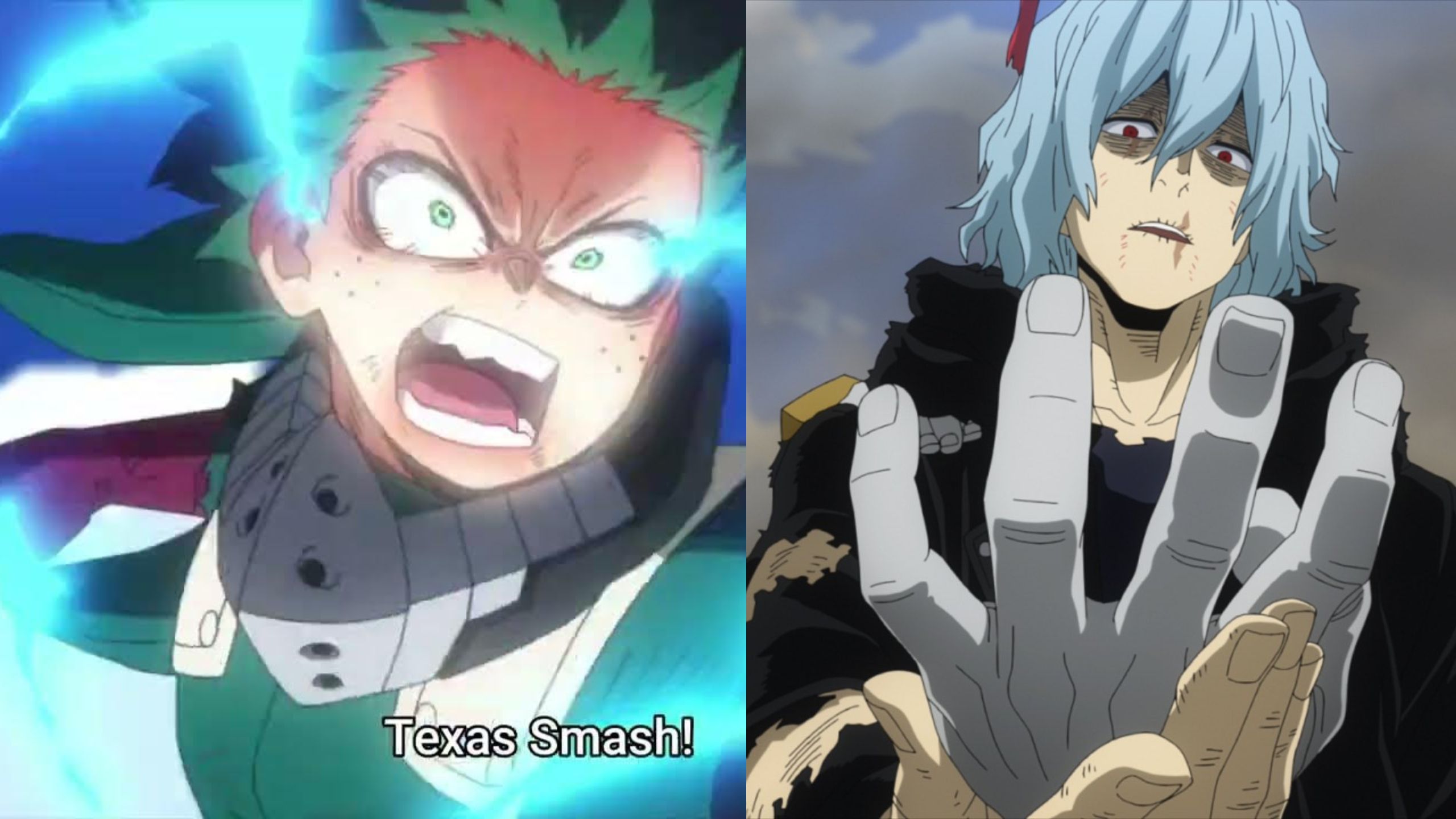
To an uninformed observer, this scene might appear heartwarming, a full-circle moment where Deku, now an adult, passes on the same encouragement that inspired him to follow his dreams.
However, when examined within the context of Deku’s character arc and the decisions he made by the end of the series, this interaction starts to feel much more hollow and inconsistent with what has come before.
Why This Scene Doesn’t Work
The first and most obvious issue with this scene is the fact that Deku himself has stopped being a hero.
After losing the embers of One For All, the powerful Quirk passed down to him by All Might, Deku no longer fights villains or engages in hero work.
He has chosen to retire from the field altogether, despite the fact that he has both the training and resources necessary to continue contributing to society as a hero, even without a Quirk.
Throughout the series, Deku has been portrayed as someone who was willing to sacrifice everything to achieve his goal of becoming the greatest hero.
He trained tirelessly, faced insurmountable odds, and risked his life multiple times in his pursuit of heroism.
For a character who spent the majority of the series fighting to prove that anyone, even someone Quirkless like him, could become a hero, Deku’s decision to step away from heroism feels like a contradiction.
This is what makes his conversation with Dai feel so out of place. Deku, who is no longer a hero himself, is now telling a boy with a weak Quirk that he can become one.
The message rings hollow because Deku, after losing One For All, has chosen not to follow that same advice.
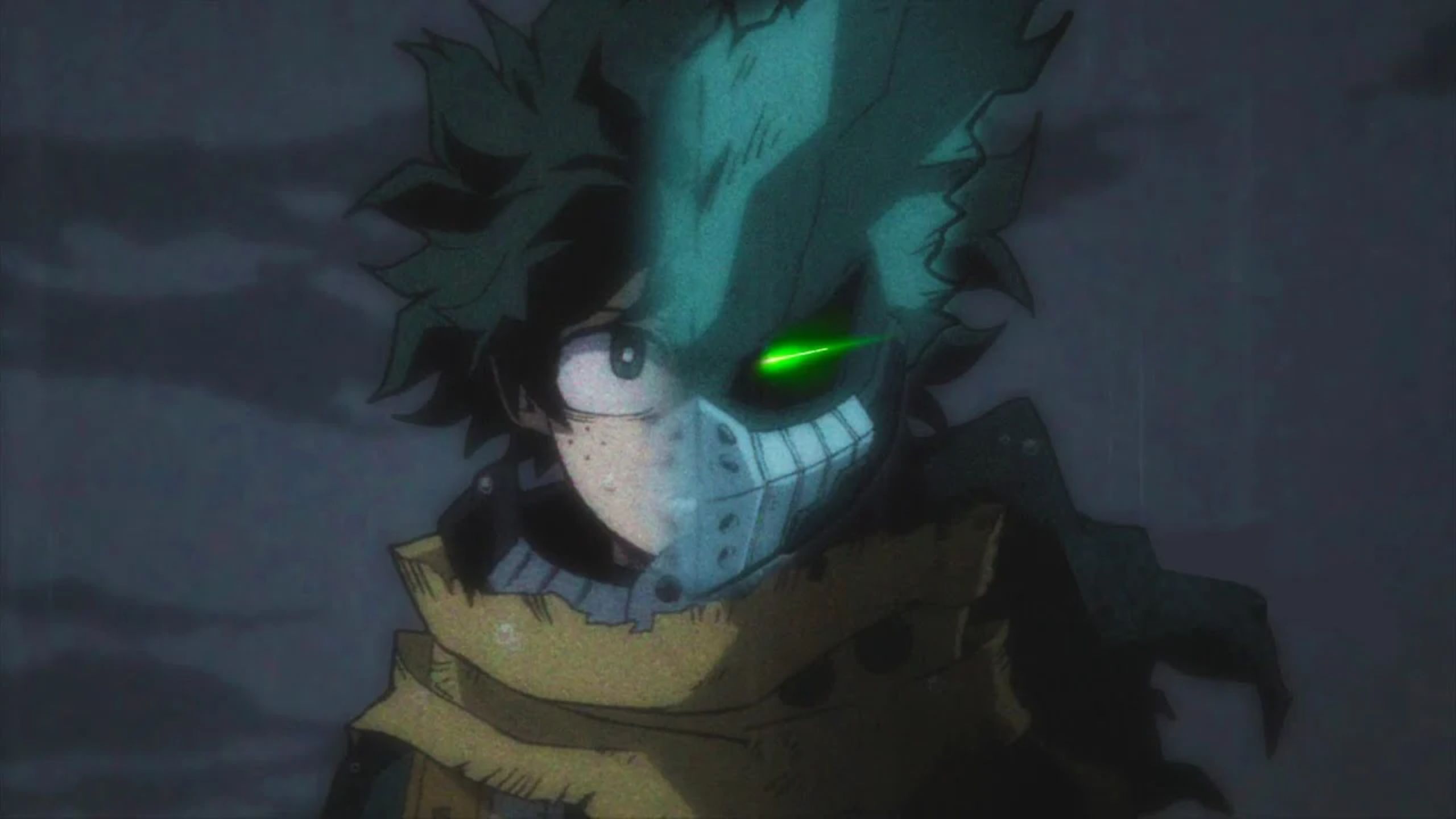
Despite the fact that he has the experience, knowledge, and technology to continue being a hero, Deku opts to retire and live a quieter life as a teacher.
This raises the question: If Deku no longer believes in his own ability to be a hero without One For All, how can he genuinely tell Dai that he can achieve the same dream with a weaker Quirk?
Moreover, Dai’s situation is fundamentally different from Deku’s. When Deku first started his journey, he was completely Quirkless, meaning he had no powers at all.
In contrast, Dai does have a Quirk it’s just not a particularly strong one. While both characters face challenges, Deku’s original struggle was framed as much more dire because, in a world where nearly everyone has a Quirk, being Quirkless was seen as a major disadvantage.
Dai’s doubts, while valid, come from a different place, and Deku’s advice doesn’t take this into account. By telling Dai that he can become a hero just as he did, Deku overlooks the fundamental differences in their situations.
Contrast Between Deku and All Might
One of the key elements that makes this scene even more problematic is how it contrasts with Deku’s initial encounter with All Might.
When Deku first met All Might at the beginning of My Hero Academia, All Might was hesitant to tell Deku that he could become a hero.
In fact, All Might initially advised Deku to reconsider his dream because of the dangers involved in hero work, especially for someone without a Quirk.
All Might’s caution was rooted in a deep understanding of the harsh realities of being a hero something that Deku, at the time, hadn’t fully grasped.
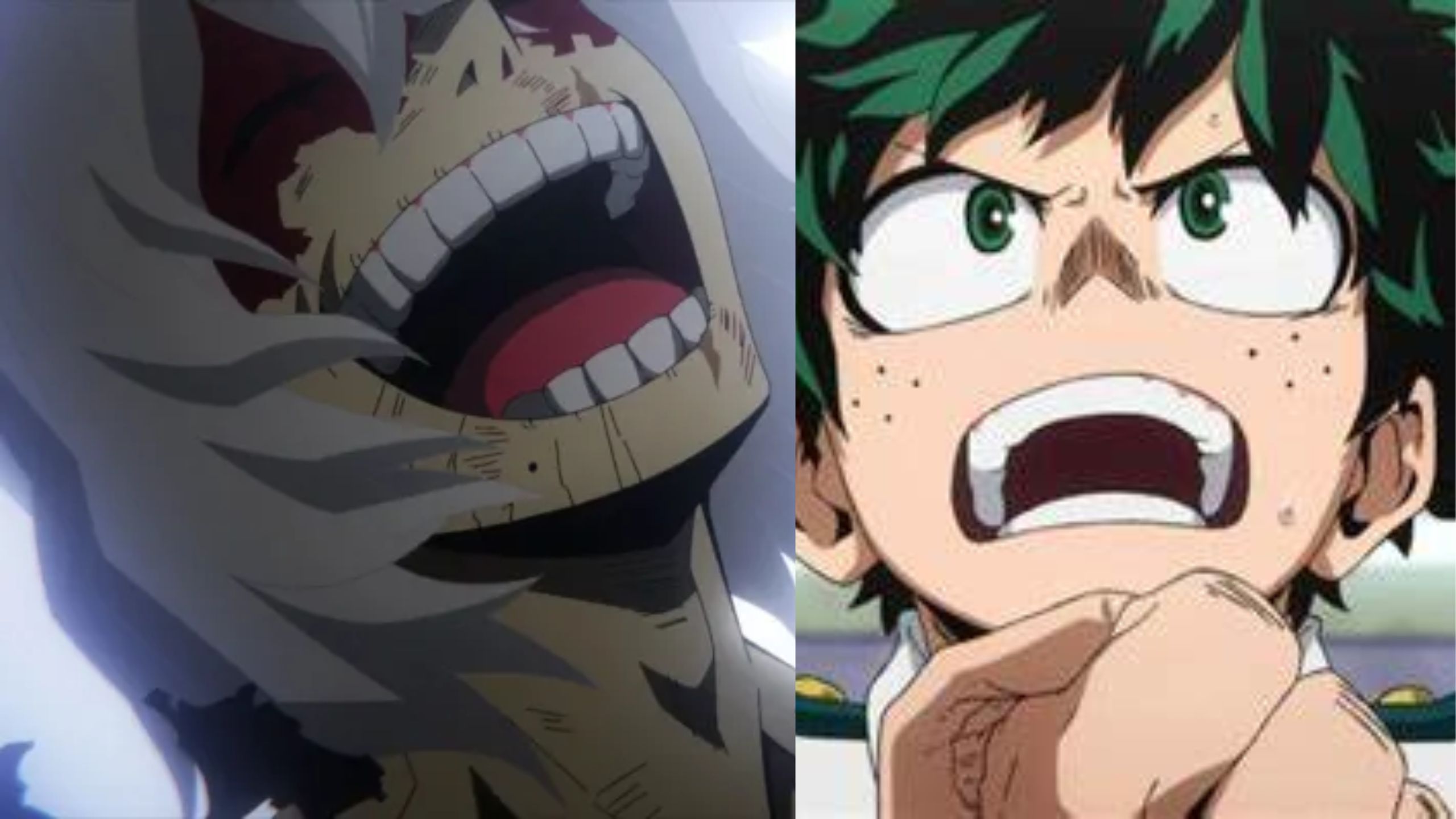
This hesitation from All Might was an important moment in the story because it highlighted the risks of heroism.
All Might didn’t want Deku to pursue such a dangerous career without fully understanding what he was getting into.
Eventually, of course, All Might did offer Deku the opportunity to become a hero by passing on One For All, but only after ensuring that Deku was willing to put in the hard work necessary to succeed.
In contrast, Deku’s conversation with Dai lacks any of this nuance. Deku doesn’t offer any words of caution or advice about the challenges Dai might face as a hero with a weak Quirk.
He doesn’t share any of his own experiences or provide guidance on how to overcome these obstacles.
Instead, Deku simply tells Dai that he can become a hero, without acknowledging the dangers or difficulties that come with the profession.
This lack of concern feels out of character for Deku, who has experienced firsthand how dangerous and demanding heroism can be.
It also feels irresponsible for him to encourage Dai without offering any practical advice or support.
Bigger Problems with Deku’s Character Arc
While the conversation with Dai is one of the more glaring issues in the final chapter, it’s far from the only problem with how Deku’s character was handled in the ending of My Hero Academia.
The eight-year time skip leaves many questions about Deku’s life unanswered, and fans have expressed disappointment with how his character arc seems to have been left unresolved.
One of the most significant complaints is that Deku no longer being a hero feels like a betrayal of the core message of the series.
Throughout My Hero Academia, the story has emphasized the idea that anyone can become a hero, regardless of their circumstances.
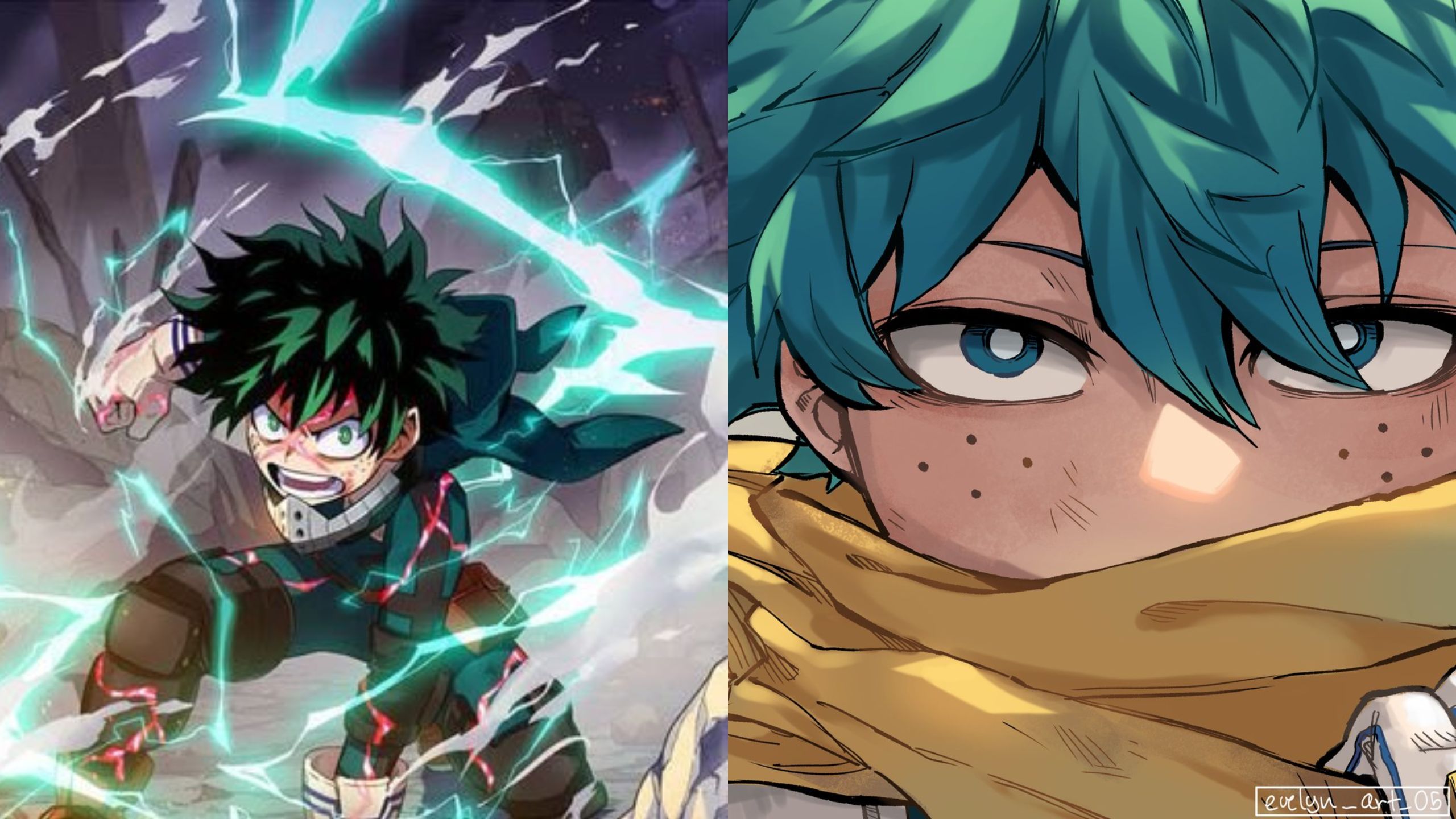
Deku, as the protagonist, embodied this message, rising from a Quirkless boy with no chance of becoming a hero to the one who ultimately saved the world from the greatest villain, All For One.
Yet, by the end of the story, Deku has abandoned heroism and is living a quieter, more ordinary life.
For many fans, this decision undermines much of the character development that Deku underwent throughout the series.
His journey was about overcoming his own limitations and proving that hard work and determination could lead to success.
The fact that he ultimately steps away from heroism suggests that Deku no longer believes in the idea that anyone can be a hero at least not without a powerful Quirk like One For All.
This feels like a betrayal of the themes that the series spent so much time building, and it leaves the ending feeling unsatisfying.
Lack of Personal Fulfillment in Deku’s Life
Another issue with Deku’s character in the final chapter is the sense that he hasn’t found personal fulfillment, despite everything he has accomplished.
After saving the world, Deku doesn’t seem to have gained much in the way of personal happiness or satisfaction.
His relationships with his classmates, particularly with Ochaco Uraraka, are left unresolved.
Throughout the series, there were hints of a potential romantic relationship between Deku and Ochaco, but by the time the story concludes, there is no confirmation of any romantic development between them.
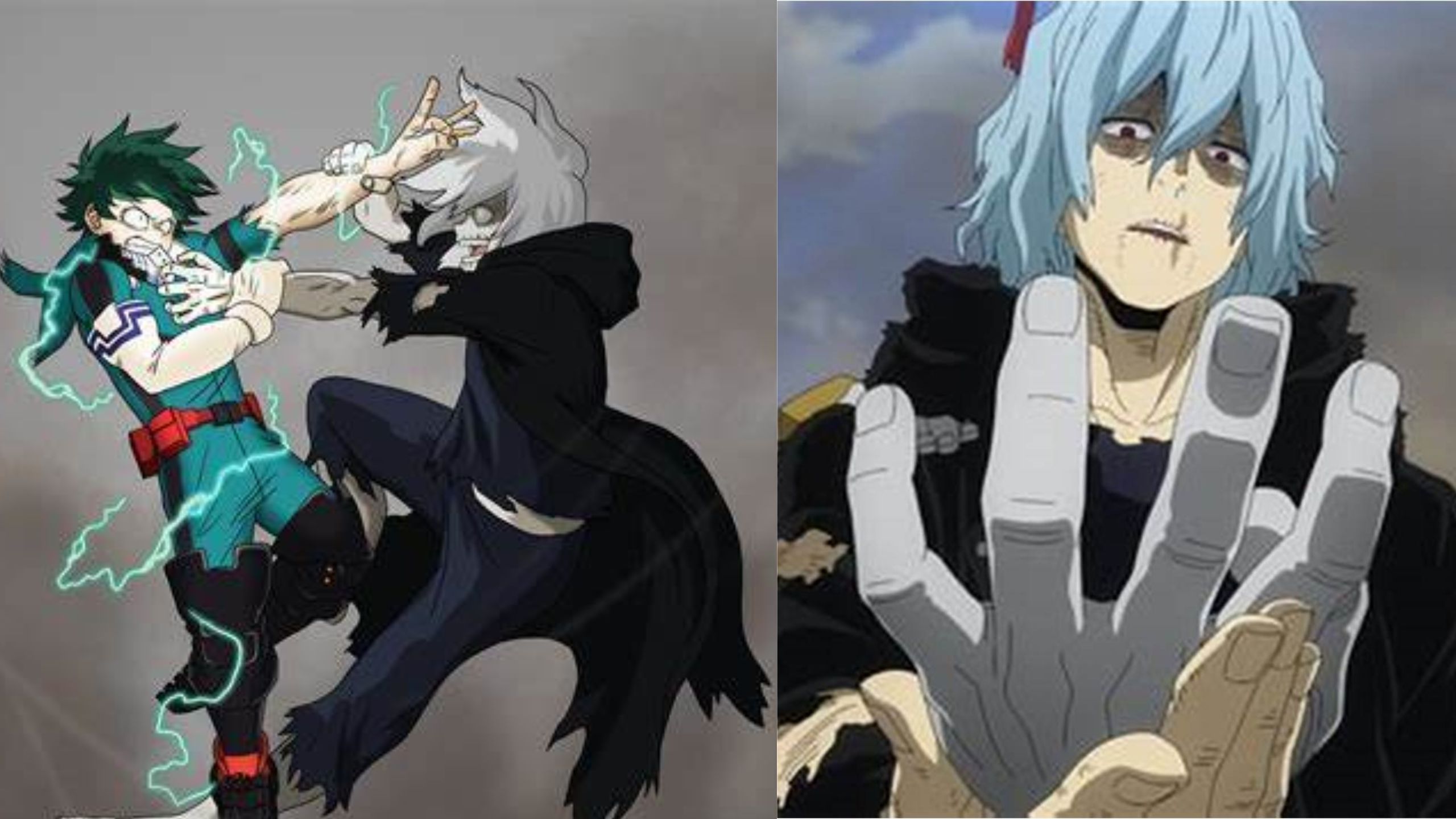
This lack of resolution in Deku’s personal life adds to the feeling that his character arc is incomplete.
While My Hero Academia was primarily focused on Deku’s journey to become a hero, his relationships with his friends and classmates were a key part of the story.
The fact that these relationships are left in limbo by the end of the series only adds to the sense of dissatisfaction with how Deku’s story concludes.
Ending’s Struggle with Thematic Consistency
In the end, the conversation between Deku and Dai is just one symptom of the larger issues with the My Hero Academia ending.
One of the biggest struggles with the ending of the series is its thematic inconsistency.
For much of the story, My Hero Academia focused on the idea that anyone, regardless of their starting point, could become a hero.
Deku was the embodiment of this theme, as he overcame his initial Quirkless status to become one of the world’s greatest heroes.
Mha ending is still crazy to me cus how tf was Deku not at all even recognized on the streets
A 16/17 year old who defeated a villain that was an INTERNATIONAL THREAT who was strong enough to kill USA's #1 hero, with possibly billions watching, was just casually going to his job
— Kiro🟣🇵🇱🇵🇸 (@Just_Kiro_lmao) August 30, 2024
However, by the time the story concludes, Deku has abandoned this ideal. He no longer fights as a hero and instead lives a quieter, more ordinary life as a teacher.
This decision feels like a betrayal of the core message of the series, and it makes Deku’s advice to Dai ring hollow. If Deku no longer believes that he can be a hero without One For All, how
can he genuinely tell Dai that he can succeed with a weak Quirk?
The ending of My Hero Academia leaves many questions unanswered, and the thematic dissonance between Deku’s early journey and his final decisions makes the ending feel unsatisfying.
While the conversation between Deku and Dai may seem like a minor moment, it summarizes many of the issues with how Deku’s character and the story as a whole were handled in the final arc.
Fans who had been following Deku’s journey from the very beginning were left feeling that the story’s resolution didn’t do justice to the character or the themes that had made My Hero Academia so compelling in the first place.

